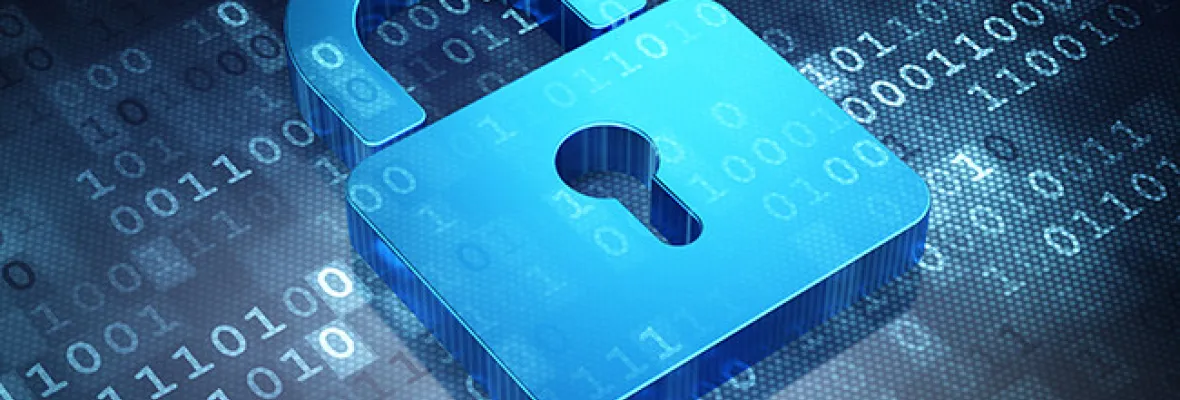As our society grows increasingly dependent on electronic networks for managing everyday life, running our economy, and defending the nation, cybersecurity has become one of our most pressing challenges.
Can we protect the power grid, telecommunication networks, financial data, “smart” products, and our private information, while still enjoying the benefits technology affords us?
AAU universities are helping answer that question, leading the way with multidisciplinary research, technology development, and education.
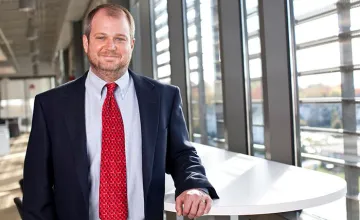
Martin Swany, a professor and chair of the Department of Intelligent Systems Engineering at Indiana University Bloomington, answers questions about his work with thermal imaging and electromagnetic probes.
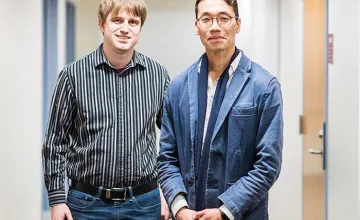
Two Boston University computer scientists have developed a tool that could make it harder for hackers to find their way into networks where they don’t belong.
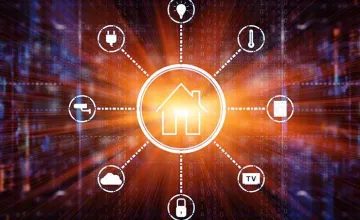
Researchers at Stanford University have developed a new system for aggregating usage reports from personal devices that emphasizes maintaining the user's privacy.
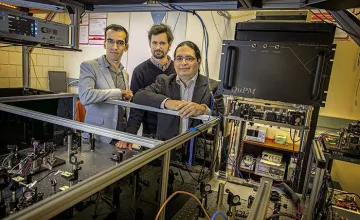
A team of researchers at Stony Brook University has developed a technology and prototype device based on quantum mechanics designed to prevent network hacking.
Explore More: Safeguarding the Connected World
You can sort by specialty area and/or by university.
Swarup Bhunia's students at Case Western Reserve are going to war. Their targets: each other. Their mission: the total collapse of enemy infrastructure. Their objective: protecting any computer system from any attack.
The internet has become so critical to our society that addressing its weaknesses is like “operating on a live patient,” says Mark Crovella, a Boston University College of Arts & Sciences (CAS) computer science professor and department chair. CAS computer scientists are taking on the challenge of securing a platform designed for open access while protecting our liberties.
In a commentary published by The Wall Street Journal, President Barack Obama writes, "Cyberthreats are among the most urgent dangers to America’s economic and national security."
The Berklett Cybersecurity Project of the Berkman Center for Internet & Society at Harvard University is pleased to announce the publication of a new report entitled “Don’t Panic: Making Progress on the ‘Going Dark’ Debate.”
A new $4.7 million, five-year grant from the National Science Foundation will enable the University of Kansas School of Engineering to educate cyberdefense experts dedicated to public service, making America stronger in an era of rising cyberattacks.
